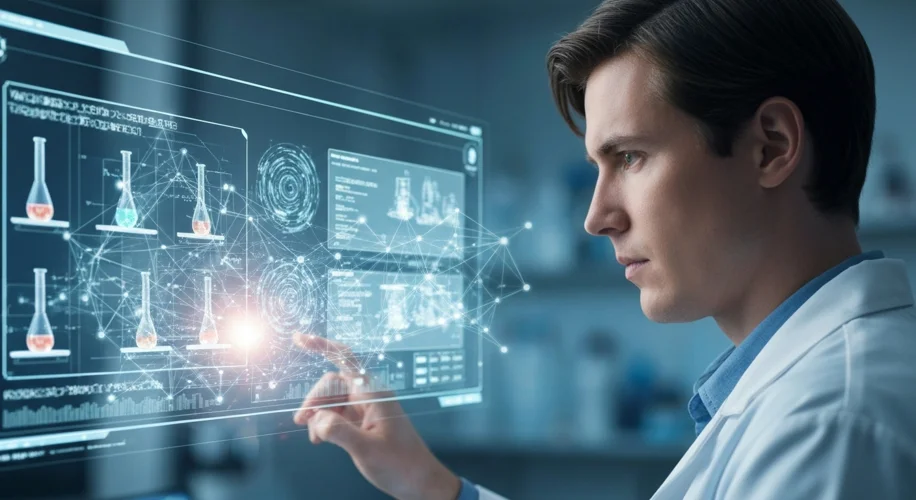It’s not every day you hear about a computer program doing science. Not just analyzing data, mind you, but actually designing experiments and running them. That’s what’s happening now. An AI has shown it can conduct scientific research pretty much on its own, setting up and executing tests with impressive accuracy.
Think about what this means for science. For decades, we’ve had brilliant minds in labs, meticulously planning, testing, and refining hypotheses. It’s a process that can take years, involving countless hours of trial and error. Now, imagine an assistant that can work through those steps at an unprecedented speed and scale, identifying patterns and connections that might elude human researchers.
This isn’t just about speeding things up, though. It’s about a different way of discovery. AI can explore experimental parameters in ways we might not even consider. It can test thousands of variations of a hypothesis that would be impractical, if not impossible, for humans to manage. This could lead to breakthroughs in fields like medicine, materials science, and even fundamental physics, much faster than we’ve ever seen.
For example, in drug discovery, an AI could test millions of molecular combinations to find potential candidates for new treatments. In climate science, it could simulate countless environmental scenarios to predict future impacts with greater precision.
Of course, this development also brings up bigger questions. When AI can conduct research independently, it touches on the idea of artificial general intelligence (AGI). AGI is the hypothetical ability of an AI to understand or learn any intellectual task that a human being can. While this research-capable AI isn’t quite AGI yet, its ability to autonomously plan, execute, and learn from experiments is a significant step. It demonstrates a level of cognitive capability that moves beyond narrowly defined tasks.
From my perspective, having spent a career in tech, this is both exciting and something we need to approach thoughtfully. It’s crucial to consider the implications. How do we ensure the AI’s findings are reliable and reproducible? Who oversees the ethical considerations of AI-driven research, especially in sensitive areas like biology or medicine? What happens to the role of human scientists, and how will our research institutions adapt?
We’re entering a new era where AI is not just a tool for analysis, but a potential collaborator, even a pioneer, in the scientific endeavor. It’s a development that promises to accelerate our understanding of the world, but one that also calls for careful consideration of its impact on how science is done and who is doing it.

